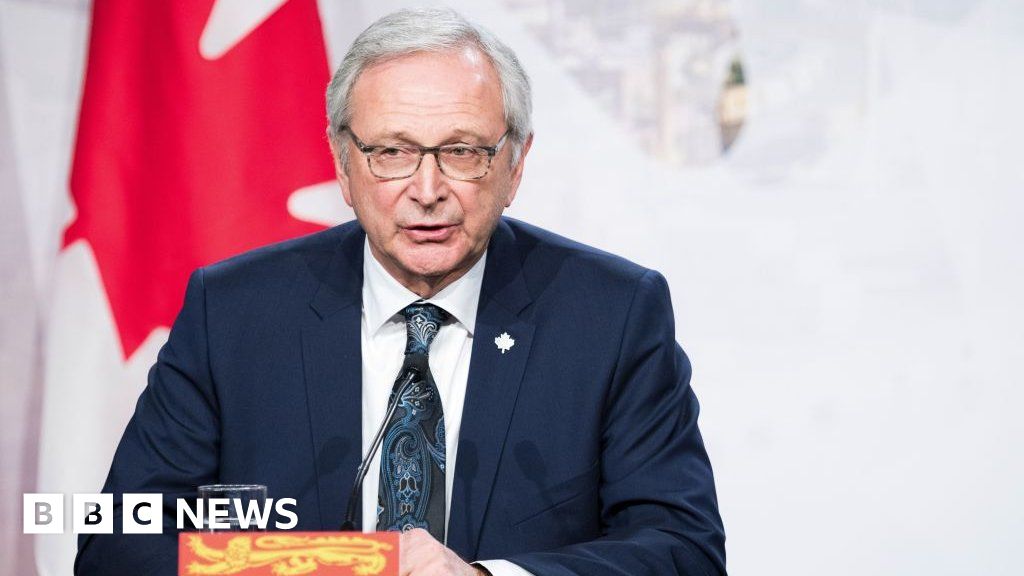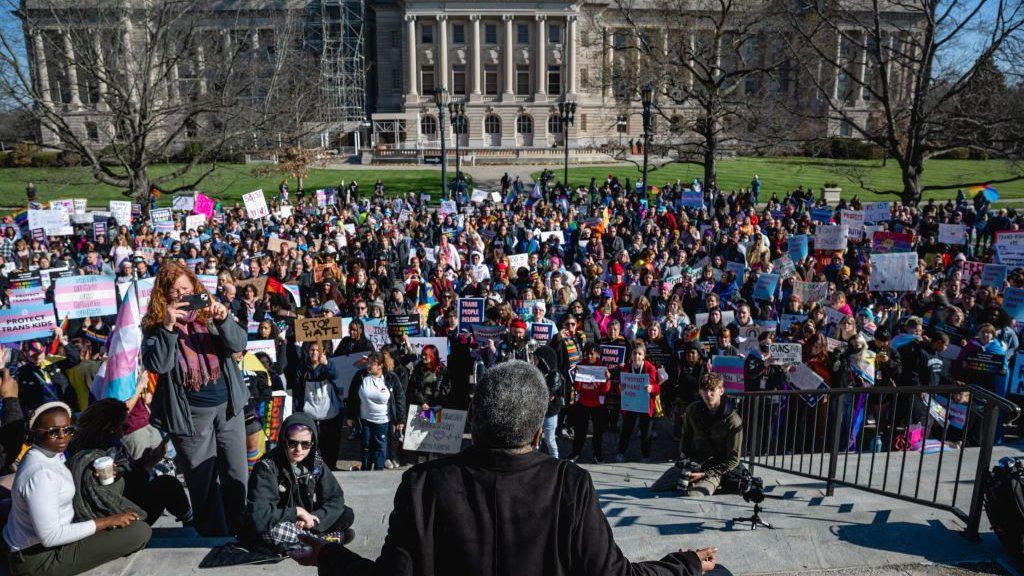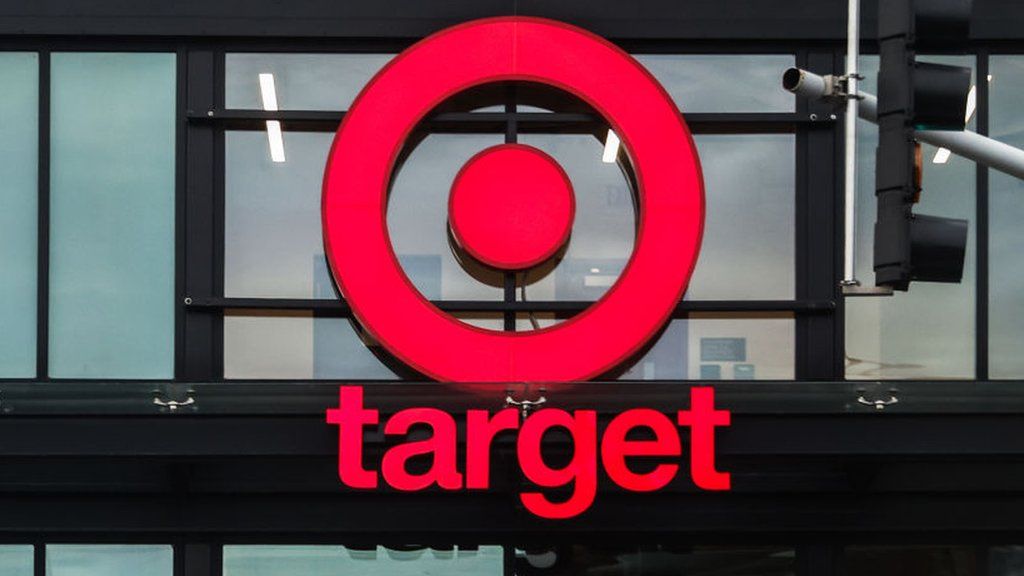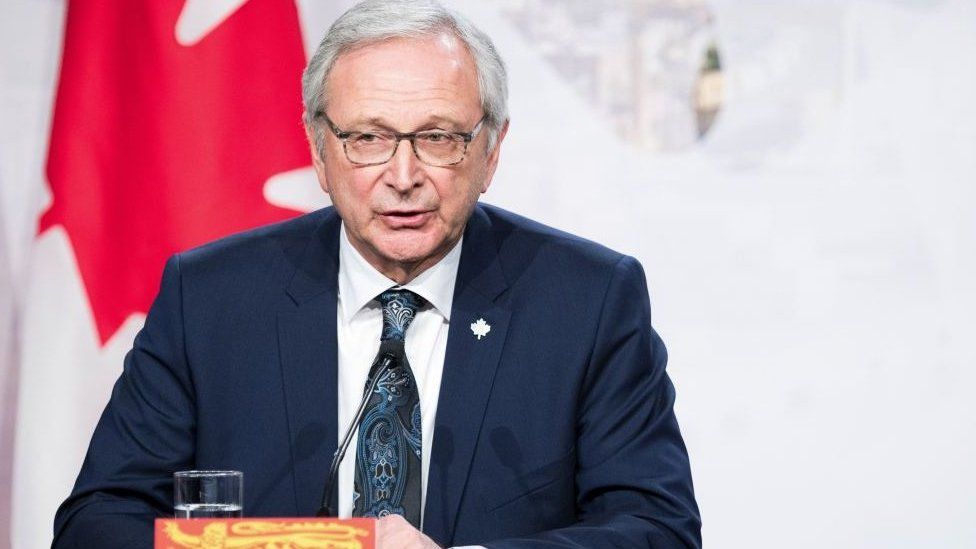
A controversial policy change that bars teachers from using a student’s preferred pronouns without parental permission will soon go into effect in New Brunswick despite pushback. It has caused political turmoil in the Canadian province.
In May, under Premier Blaine Higgs, New Brunswick announced that a policy to create a safe space for students who identify as LGBT in schools will be amended, with the changes coming into effect on 1 July.
The amendments to the Sexual Orientation and Gender Identity policy – also known as Policy 713 – removed explicit mention of allowing students to participate in extracurricular activities, including sports teams, that reflect their gender identity.
More controversially, the changes – as explained by the province’s education minister Bill Hogan – also forbid teachers from using the chosen preferred names and pronouns of a student under the age of 16 without the consent of their parents.
In cases where it is not possible to get parental permission, the policy states that a student should be sent to a social worker or a psychologist to develop a plan on how to approach their parents.
Mr Higgs and his right-leaning Progressive Conservative government updated the policy without a legislative vote, due to what they said were “hundreds of complaints from parents and teachers”.
The government has been criticised for not providing evidence of these complaints, and the changes have since created a firestorm in the small province of less than a million people.
Two New Brunswick ministers quit in protest, while two others were pushed out by Mr Higgs for not supporting his plan. The premier now faces a growing threat of being ousted from office, as dissidents from his own party have called for a leadership review citing “a pattern of autocratic” governing.
Even Prime Minister Justin Trudeau weighed in, igniting a debate on the issue at the federal level.
At a Pride event earlier in June, Mr Trudeau said that “trans kids in New Brunswick are being told they don’t have the right to be their true self, that they need to ask permission”.
“Trans kids need to feel safe, not targeted by politicians,” he said.
In response, federal Conservative opposition leader Pierre Poilievre told Mr Trudeau to “butt out” of New Brunswick politics.
“The prime minister has no business in decisions that should rest with provinces and parents,” Mr Poilievre said.
What is Policy 713? And why was it changed?
Initially passed in 2020 after a decade of consolations, Policy 713 in its original form asked for parental consent in order to formally change students’ names or pronouns, but made it mandatory to use a student’s preferred name if it is not possible to get permission from a parent.
It also allowed students to participate on sporting teams and use washrooms consistent with their gender identity.
Nicki Lyons-MacFarlane, who volunteers with LGBT youth in the city of Fredericton, said the policy has benefited many such students in the province.
“Students have been validated and affirmed by this policy,” they told the BBC. “If anything, it has saved lives.”
They added that in light of the changes, students now fear being mis-gendered or outed to their families.
Mr Higgs’ government said the changes to the policy are about “ensuring parents also feel respected”. In a recent interview with the CBC, the premier, who has been in office since 2018, said he has seen “a tremendous amount of outpouring support” for his stance.
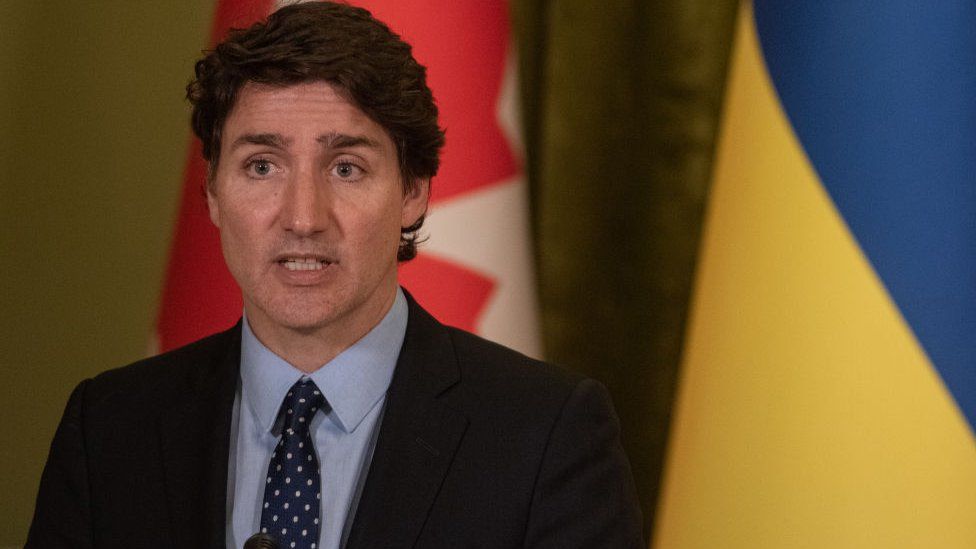
But the changes have been the subject of fierce opposition from parts of the public in New Brunswick.
Several local protests have been held, and school psychologists and social workers have filed grievances with the government.
The province’s child and youth advocate, Kelly Lamrock, has called the new policy “shoddy and inadvertently discriminatory”.
Donald Wright, a professor of political science at the University of New Brunswick, said the changes to Policy 713 came as a surprise for some, and have been the topic of conversation for many in the province. But Mr Wright added the premier is known for supporting “wedge issues” that are typically divisive.
“He believes that enough New Brunswickers will support him on this,” he said.
The move, however, has proven to be a remarkable political gamble for the premier, Mr Wright said.
“He has lost a quarter of his cabinet,” he said. “That is not insignificant.”
Hadeel Ibrahim, a reporter who has covered the issue for CBC in New Brunswick, said the changes to Policy 713 were the final straw for those who have previously opposed Mr Higgs’ other policies and his style of governance.
“Some people are saying there is a de-emphasis on the ‘progressive’ part of ‘Progressive Conservative’, because they believe he is going too far to the right,” Ms Ibrahim said.
The rest of Canada weighs in
The debate over the policy in New Brunswick quickly spread beyond the province’s borders.
LGBT advocates in other parts of Canada have raised concern Mr Higgs’ move is a sign of “American-style politics” on gender identity seeping into Canadian society. Laws restricting and regulating the lives of transgender youth are part of a rising trend in the US, with numerous states passing laws that relate to transgender people.
The Canadian Civil Liberties Association, a national civil rights group, has threatened the premier with a lawsuit, arguing the changes to Policy 713 are “unlawful and unconstitutional”.
But there has also been some support. Action4Canada, a conservative Christian group based in British Columbia, touted it as a “heroic decision” and a test case.
“Premier Higgs and (Education) Minister Bill Hogan have courageously and unapologetically taken the first steps, in Canada, towards protecting children from going down a path of destruction,” the group said in a statement.
The debate comes at the heels of other controversies on LGBT issues and schools that have taken place across the country. Earlier in June, a Catholic school board in the Toronto area voted against flying the Pride flag outside its main offices, prompting a student walk-out in protest.
A poll commissioned by Canadian think-tank Second Street of 1,523 people in early May – before New Brunswick’s policy changes were announced – suggested that 57% of Canadians believe parents have a right to be informed by a school if a child wants to change their gender identity.
“I don’t think it is too surprising that parents want to know what their kids are up to in school,” said think-tank president Colin Craig of the results.
Ms Hadeel said that no official polling has been done on the policy change in New Brunswick. As a result, it has been difficult to discern just how much local support the premier has on this issue.
As the amended policy comes into effect on Saturday, some teachers in New Brunswick have already stated that they will not follow it.
A handful of school boards have said they will develop their own policies that will allow teachers to use a students’ chosen name and pronouns informally, regardless of parental consent or age.
Given the political and public reaction, Mr Wright at the University of New Brunswick said there appears to be more support for Policy 713 in its original form than the amendments.
And with his future as leader now on the line, Mr Wright said the premier may have “misplaced his cards”.
Related Topics
-
-
2 December 2021
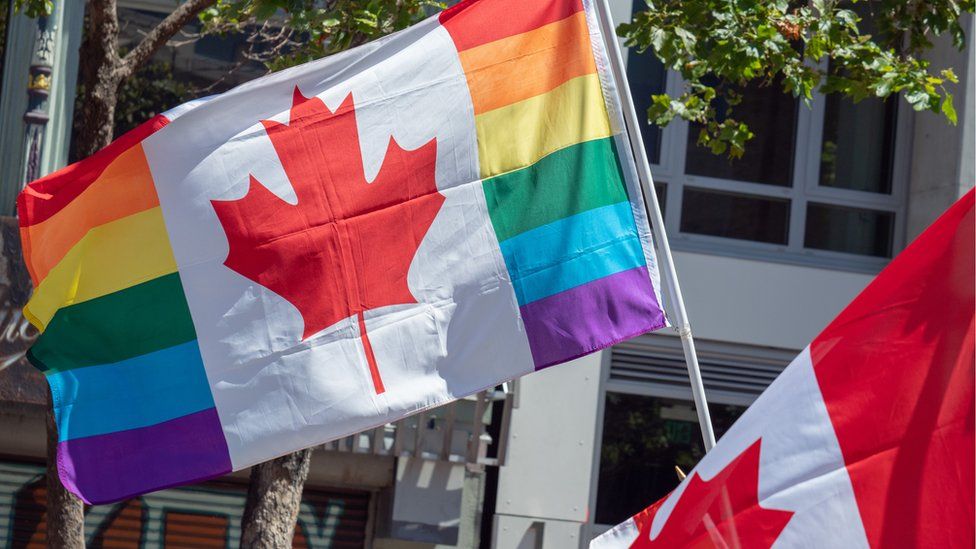
-
-
-
28 April 2022

-
